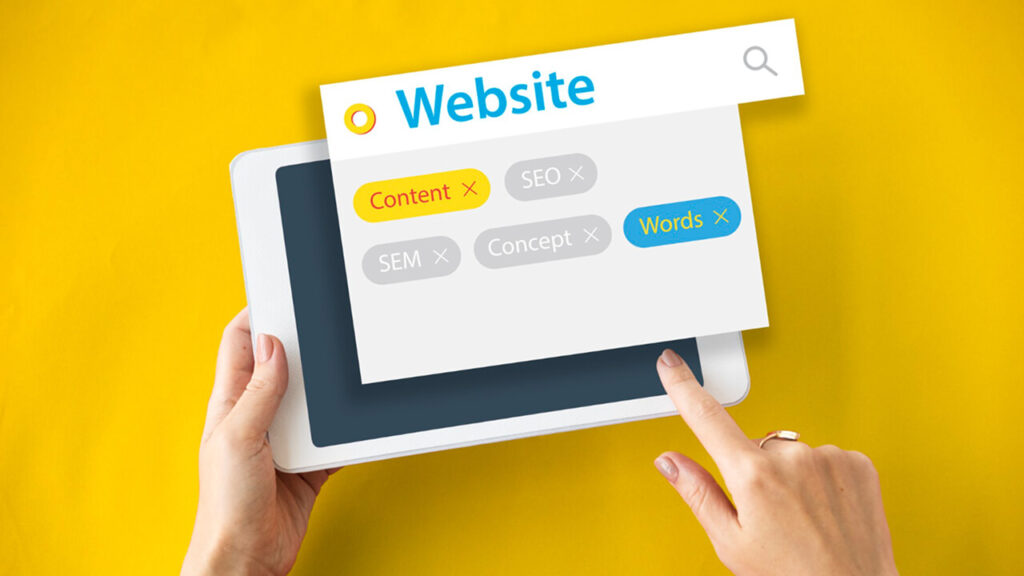If you’ve ever searched for an easy way to create a website or blog, you’ve probably come across WordPress. But what is WordPress, really? Why is it so popular, and is it the right platform for you?
This in-depth guide will answer all your questions and help you understand why WordPress powers over 40% of all websites on the internet.
1. What is WordPress?
WordPress is a free and open-source content management system (CMS) that allows you to build and manage websites without needing to code.
It was launched in 2003 by Matt Mullenweg and Mike Little, originally as a blogging platform. Over time, it evolved into a fully-featured CMS capable of creating any type of website from blogs to business sites, portfolios, online stores, and even social networks.
Today, it stands as the most widely used CMS in the world.
2. Two Versions: WordPress.com vs WordPress.org
Understanding the difference between WordPress.com and WordPress.org is crucial:
1. WordPress.com
- Hosted solution
- Limited customization
- Great for personal blogs and quick starts
- Free plan available, but paid upgrades needed for full features
2. WordPress.org (also called self-hosted WordPress)
- You host it yourself (through a web host like Bluehost or SiteGround)
- Full control over themes, plugins, and code
- Best for professionals, businesses, and serious bloggers
- Free software, but you pay for hosting and a domain
Most professionals and developers prefer WordPress.org due to its power and flexibility.
Why is WordPress So Popular?
WordPress dominates because it is
Free and Open Source
Anyone can download, modify, and use it without paying for the software.
User-Friendly
Its dashboard is intuitive even for non-technical users. You can publish content, add media, and install plugins with just a few clicks.
Flexible and Scalable
From small blogs to massive e-commerce stores, WordPress can scale with your needs.
Highly Customizable
There are thousands of free and premium themes and over 60,000 plugins that can extend your site’s features.
SEO-Friendly
WordPress has great SEO capabilities out of the box, and plugins like Yoast SEO or Rank Math help further optimize content.
Massive Community
With a global community, extensive documentation, and countless forums, getting help is easy.
4. What Can You Build with WordPress?
WordPress is no longer just a blogging platform. You can use it to build:
- Blogs
- Business websites
- eCommerce stores (via WooCommerce)
- Online courses
- Portfolios
- Membership sites
- Forums
- Landing pages
- News and magazine sites
Also lean more about the Mastering WordPress in 2024: A Beginner’s Guide with eCare Upskill
5. How WordPress Works
1. Themes Control the Design
Themes determine the visual layout and style of your site. You can change themes without affecting your content.
2. Plugins Add Functionality
Plugins let you add features like contact forms, galleries, SEO tools, backups, and more without needing to code.
3. The Block Editor (Gutenberg)
WordPress now uses a block-based editor that allows users to build pages by arranging content blocks text, images, videos, columns, buttons, etc. visually.
4. Dashboard Management
Everything from writing posts to managing settings, comments, and users is done through the WordPress dashboard.
6. Key Features of WordPress
- Media Management: Easily upload and manage images, videos, PDFs, and more.
- User Roles: Assign different roles (admin, editor, author, contributor, subscriber) with varying permissions.
- Revisions: WordPress autosaves and stores previous versions of posts.
- Multilingual Support: Use plugins like WPML or Polylang for multi-language sites.
- Security & Backups: Use plugins and best practices to secure your site and create backups.
7. Pros and Cons of WordPress
✔ Pros
- Free and open-source
- Extremely flexible and customizable
- Huge community and resource availability
- Mobile responsive themes
- SEO-friendly architecture
✘ Cons
- Requires maintenance and updates
- Vulnerable if not secured properly
- Slight learning curve for complete beginners
- Plugin conflicts can occasionally occur
8. What Is WordPress Used For? Real-World Examples
- The New Yorker uses WordPress for its digital magazine.
- BBC America runs its entertainment site on WordPress.
- Sony Music manages artist portfolios with it.
- TechCrunch, one of the biggest tech news sites, is built on WordPress.
Whether you’re a solo creator or a large brand, WordPress scales to fit your needs.
9. Is WordPress Right for You?
Choose WordPress if you:
- Want full control over your website
- Need a scalable, customizable platform
- Plan to blog or publish content frequently
- Want to build an online store
- Are looking for a platform supported by a large community
Avoid it if you:
- Need a 100% hands-off website builder (like Wix or Squarespace)
- Don’t want to deal with hosting, domains, or maintenance
Final Thoughts: What is WordPress?
In summary, What is wordpress? WordPress is the most powerful, flexible, and beginner-accessible website platform available today. Whether you’re launching a blog, building an online business, or creating a digital portfolio, WordPress offers the tools, community, and freedom to bring your vision to life.



